Home>Technology>Home Entertainment Systems>Which Is Better: Projector Or TV
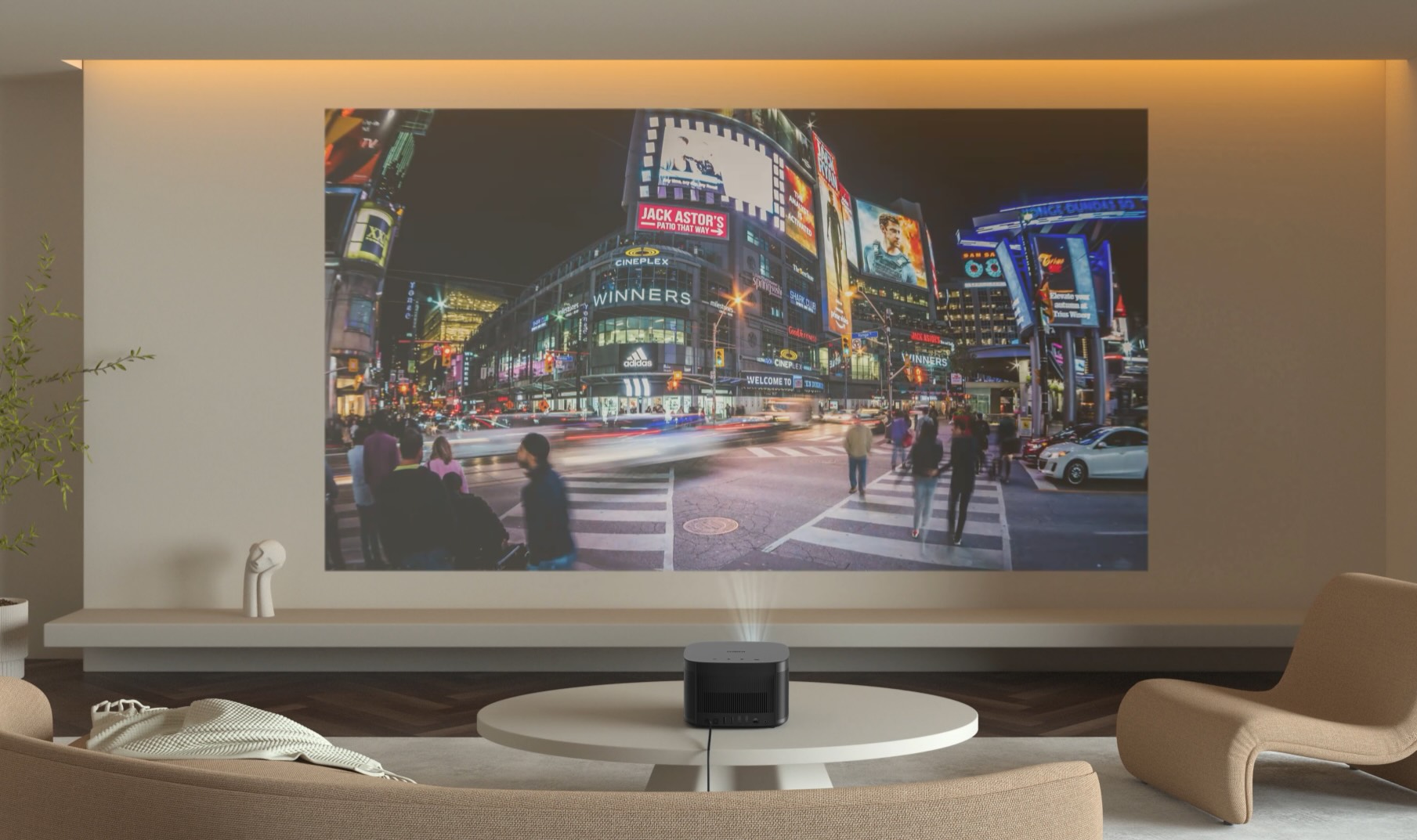

Home Entertainment Systems
Which Is Better: Projector Or TV
Modified: January 9, 2024
Discover the best home entertainment system for you! Compare projectors and TVs to find the perfect fit for your needs. Explore the pros and cons of each option.
(Many of the links in this article redirect to a specific reviewed product. Your purchase of these products through affiliate links helps to generate commission for Storables.com, at no extra cost. Learn more)
Introduction
When it comes to creating an immersive home entertainment experience, the debate between projectors and TVs has been ongoing. Each of these devices offers unique advantages and considerations, making the choice between them a matter of personal preference and specific requirements. To make an informed decision, it’s essential to weigh the factors such as cost, size and portability, image quality, viewing environment, and usage versatility. By delving into these aspects, you can determine which option best aligns with your entertainment needs and space constraints. Let’s delve into the intricacies of projectors and TVs to unravel which one emerges as the better choice for your home entertainment setup.
Key Takeaways:
- Projectors offer a cinematic experience with adjustable screen sizes and portability for outdoor entertainment, while TVs prioritize consistent image quality and adaptability to various lighting conditions for everyday use.
- Consider your space, budget, and entertainment preferences to decide between a projector’s immersive allure or a TV’s convenience and versatility for your home entertainment system.
Read more: LED Or LCD Projector: Which Is Better
Cost
Cost is a significant consideration when choosing between a projector and a TV. Historically, projectors were perceived as the more budget-friendly option, offering expansive screen sizes at a fraction of the cost of a large TV. However, with advancements in display technology, the price gap has narrowed, and high-quality, large-screen TVs have become more affordable. When evaluating the cost, it’s essential to consider not only the upfront investment but also the long-term expenses.
- Projector: Entry-level projectors can be relatively affordable, providing a cost-effective solution for achieving a cinematic experience at home. However, additional expenses may arise from the need for a projection screen, mounting hardware, and periodic replacement of the projector lamp.
- TV: While large-screen TVs were once associated with a hefty price tag, advancements in display technology have made them more accessible. Additionally, modern smart TVs offer integrated streaming services and versatile connectivity options, potentially reducing the need for external devices.
Ultimately, the cost comparison between projectors and TVs depends on the desired screen size, desired features, and the long-term maintenance expenses. It’s advisable to evaluate the total cost of ownership, including accessories and maintenance, to make an informed decision based on your budget and entertainment preferences.
Size and Portability
When it comes to size and portability, projectors and TVs present distinct characteristics that cater to different spatial and mobility requirements.
- Projector: One of the most compelling advantages of projectors is their ability to deliver a large, cinematic viewing experience without occupying substantial physical space. This makes them an ideal choice for individuals seeking a minimalist aesthetic or those with limited room for a traditional TV setup. Additionally, projectors offer portability, allowing for outdoor movie nights or the flexibility to set up entertainment in different rooms.
- TV: While TVs may not offer the same level of portability as projectors, they come in a range of sizes to suit various room dimensions. Additionally, modern ultra-thin designs and wall-mounting options contribute to a sleek and space-efficient installation, making them suitable for both small and large living spaces.
Ultimately, the decision between a projector and a TV in terms of size and portability hinges on the available space, mobility needs, and the desired visual impact within the designated entertainment area.
Image Quality
When it comes to image quality, both projectors and TVs offer distinct attributes that contribute to the visual experience. Understanding the nuances of each can aid in making an informed decision based on your viewing preferences.
- Projector: Projectors are renowned for their ability to produce expansive, immersive visuals, particularly on large screens. High-quality projectors can deliver vibrant colors, deep contrast, and sharp details, replicating the cinematic experience within the comfort of your home. However, ambient light and the quality of the projection surface can impact the perceived image quality, making light control and screen selection crucial factors to consider.
- TV: TVs are engineered to offer consistent and vibrant image quality in various lighting conditions. With advancements in display technology such as OLED and QLED, modern TVs boast impressive color accuracy, high contrast ratios, and HDR capabilities, resulting in stunning visual output. Additionally, the absence of ambient light interference contributes to a consistently clear and sharp image.
When evaluating image quality, factors such as viewing environment, ambient light control, and the desired level of immersion play pivotal roles in determining whether a projector or TV is better suited for your home entertainment needs.
Consider the size of your space and your viewing habits. If you have a large, dedicated viewing area and prefer a cinematic experience, a projector may be better. For smaller spaces and everyday use, a TV may be more practical.
Viewing Environment
The viewing environment plays a crucial role in determining whether a projector or a TV is better suited for your home entertainment setup. Considerations such as ambient light, room layout, and the intended usage scenario can significantly influence the choice between these display options.
- Projector: Projectors thrive in environments with controlled lighting, particularly those conducive to creating a cinematic atmosphere. Dedicated home theaters or rooms with minimal ambient light are ideal for maximizing the immersive potential of a projector. Additionally, the ability to adjust the screen size based on the viewing distance and room dimensions offers flexibility in tailoring the visual experience to the space available.
- TV: TVs are versatile in their adaptability to various lighting conditions, making them suitable for a broader range of viewing environments. Whether it’s a well-lit living room or a dimly lit bedroom, the consistent brightness and color performance of modern TVs ensure a compelling visual experience regardless of the ambient light levels. Furthermore, the compact nature of TVs makes them suitable for spaces where a projector setup may be impractical.
By assessing the ambient light levels and the intended usage scenarios within your home, you can determine whether a projector or a TV is better aligned with the specific viewing environment and spatial constraints.
Usage and Versatility
Understanding the usage and versatility of projectors and TVs is essential in determining which option best caters to your diverse entertainment needs and lifestyle.
- Projector: Projectors excel in creating a captivating cinematic experience, making them well-suited for movie nights, gaming, and immersive sports viewing. Their versatility extends to outdoor entertainment, enabling backyard movie screenings and large-scale gatherings. However, factors such as ambient light control and the need for a dedicated projection surface may influence the practicality of using a projector in various scenarios.
- TV: TVs offer a seamless and versatile entertainment solution for a wide range of content consumption. From streaming your favorite shows and movies to gaming and casual TV viewing, the convenience and accessibility of a TV make it a practical choice for everyday entertainment. Additionally, smart TV features, integrated streaming platforms, and connectivity options contribute to the versatility of modern TV setups.
When evaluating usage and versatility, consider the diverse entertainment activities in which you wish to engage, the flexibility of the viewing space, and the convenience of setup and operation. By aligning the features and capabilities of projectors and TVs with your entertainment preferences, you can determine which option best accommodates your lifestyle and usage scenarios.
Conclusion
Ultimately, the choice between a projector and a TV hinges on a multitude of factors, each carrying its own weight in shaping the ideal home entertainment setup. By carefully considering aspects such as cost, size and portability, image quality, viewing environment, and usage versatility, you can make an informed decision that aligns with your specific preferences and spatial constraints.
For those seeking a cinematic experience with the flexibility to adjust screen size and the potential for outdoor entertainment, a projector may be the preferred choice. Conversely, individuals prioritizing consistent image quality, adaptability to various lighting conditions, and seamless everyday entertainment may find that a TV better suits their needs.
It’s important to assess the unique requirements of your viewing space, the diverse activities in which you wish to engage, and your budget considerations to determine whether a projector or a TV emerges as the better option for your home entertainment system. Whether it’s the immersive allure of a projector or the convenience and versatility of a TV, both options offer compelling features to elevate your viewing experience within the comfort of your home.
Frequently Asked Questions about Which Is Better: Projector Or TV
Was this page helpful?
At Storables.com, we guarantee accurate and reliable information. Our content, validated by Expert Board Contributors, is crafted following stringent Editorial Policies. We're committed to providing you with well-researched, expert-backed insights for all your informational needs.
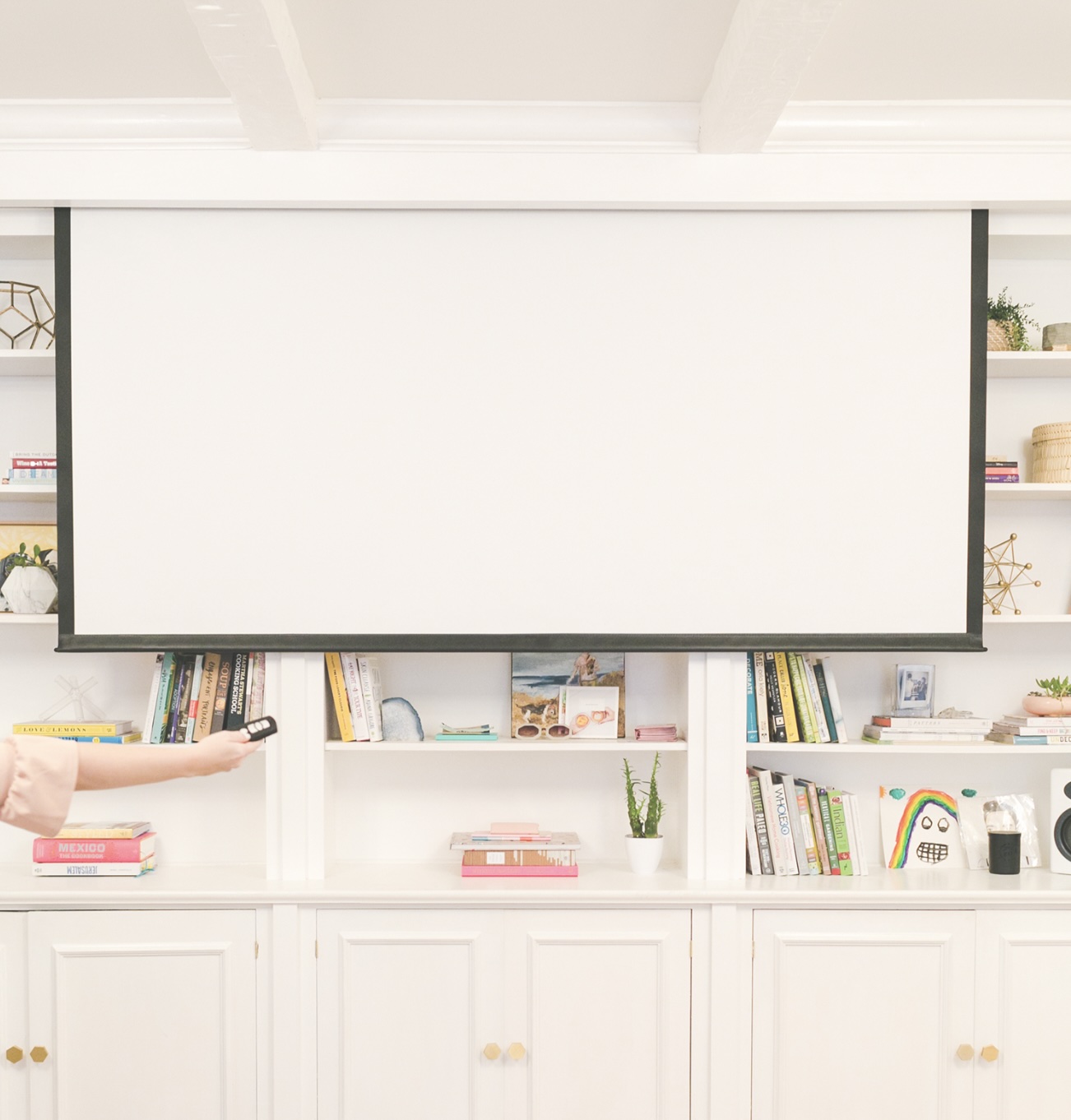


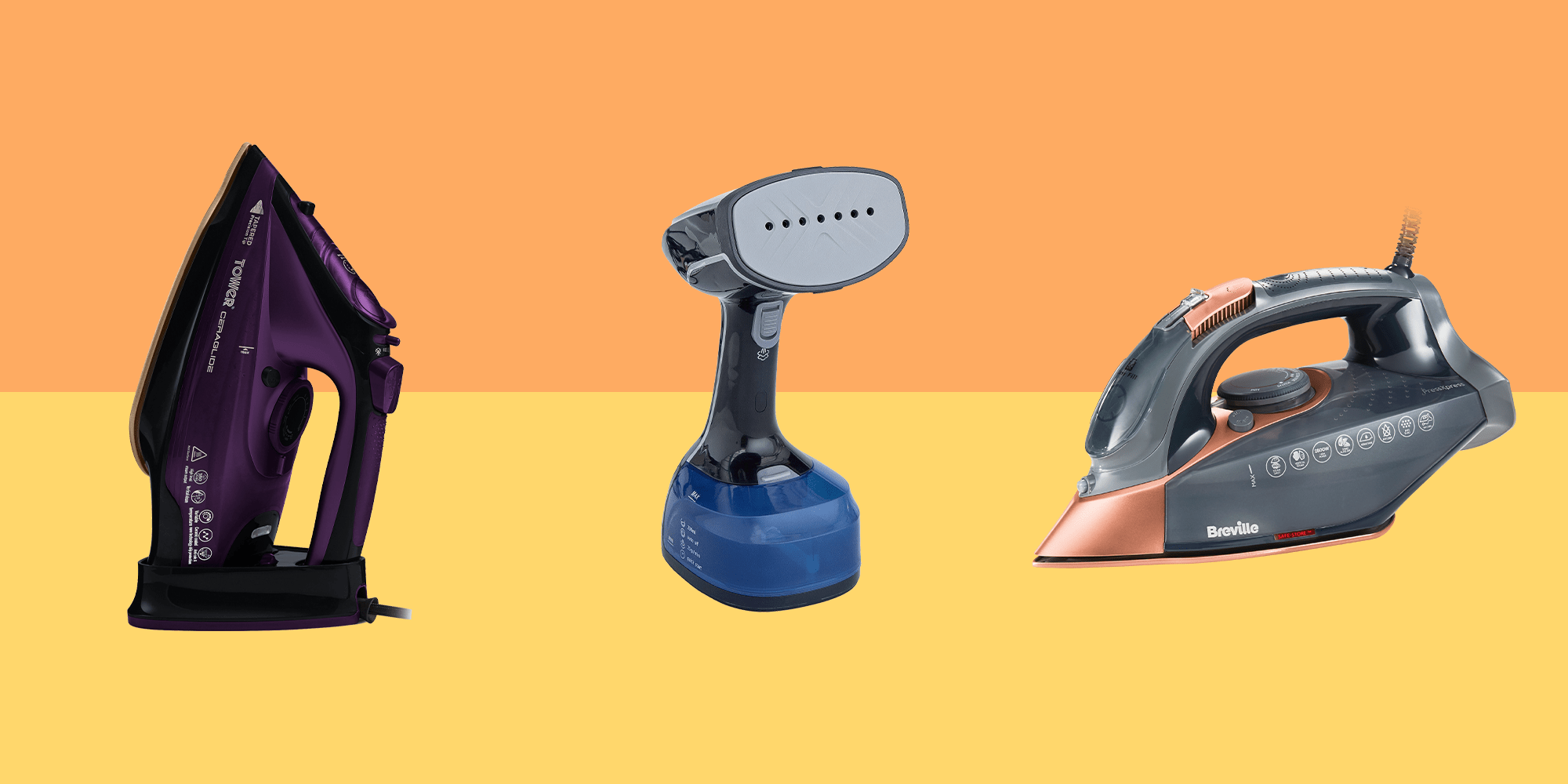








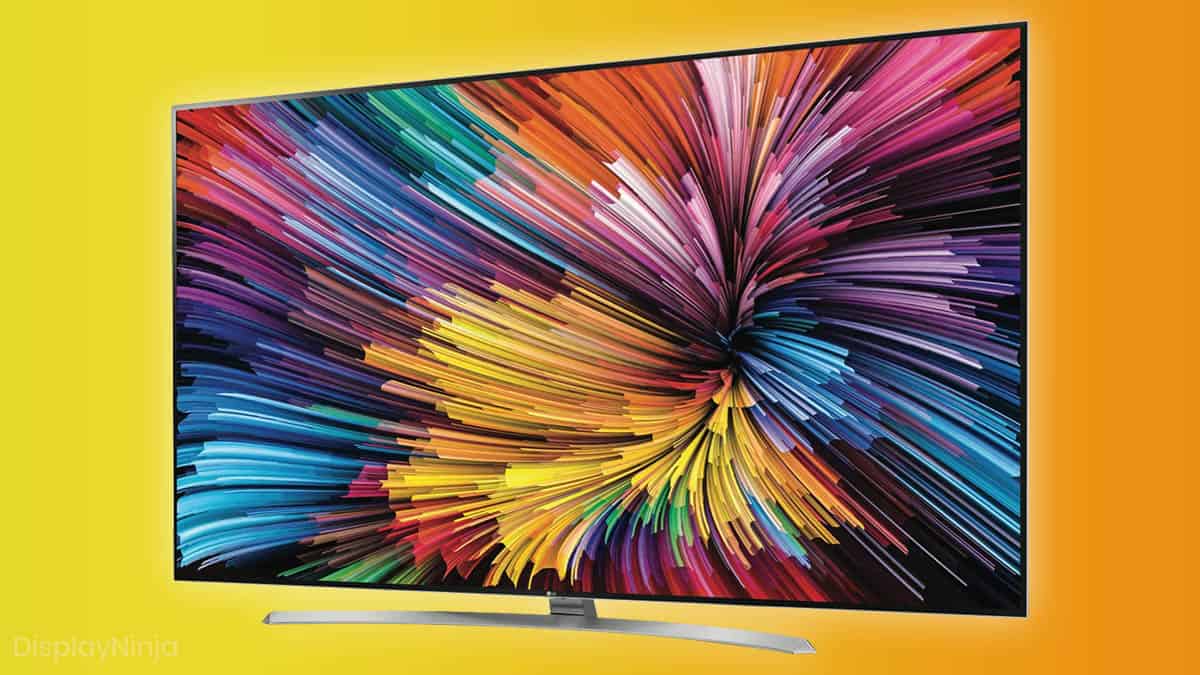
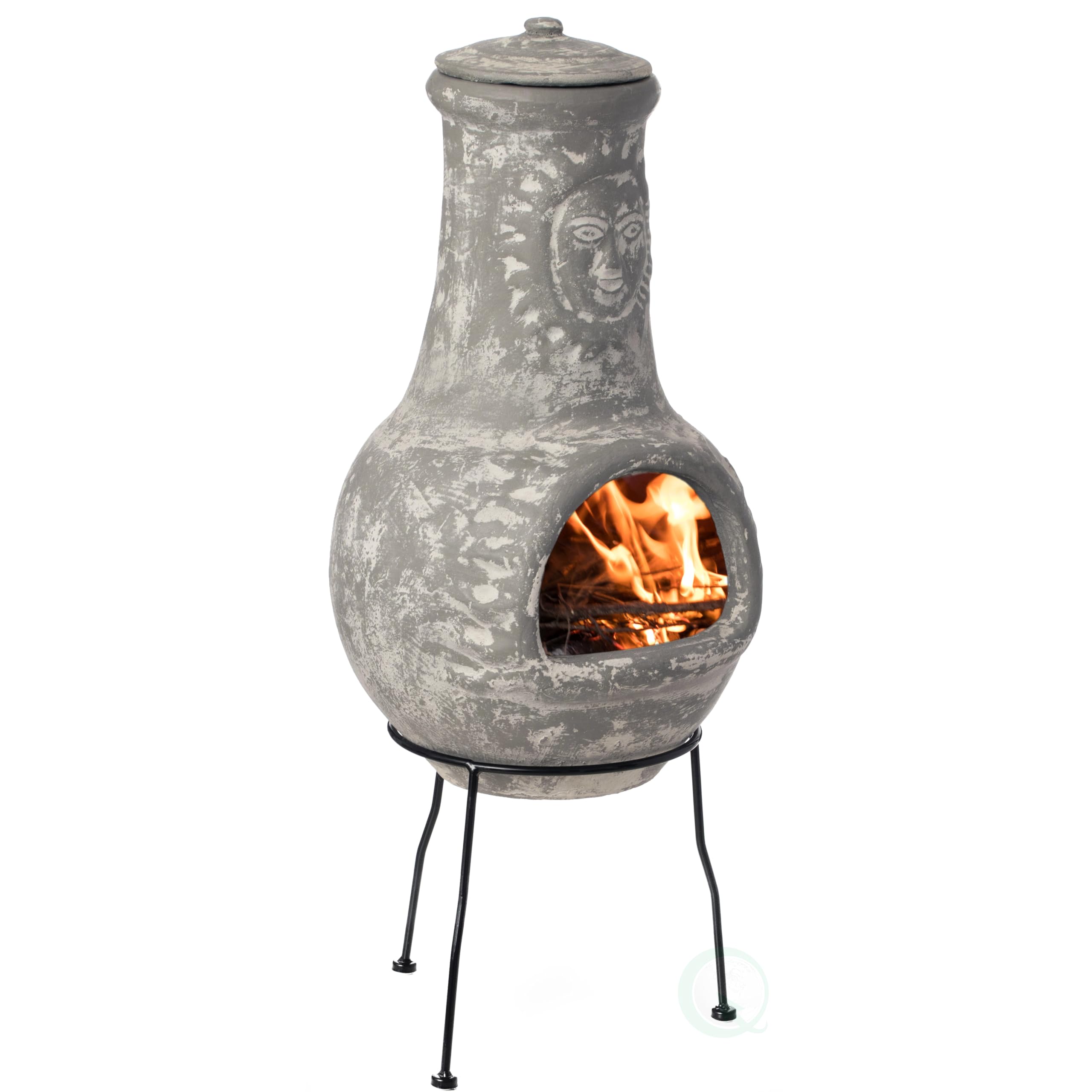

0 thoughts on “Which Is Better: Projector Or TV”